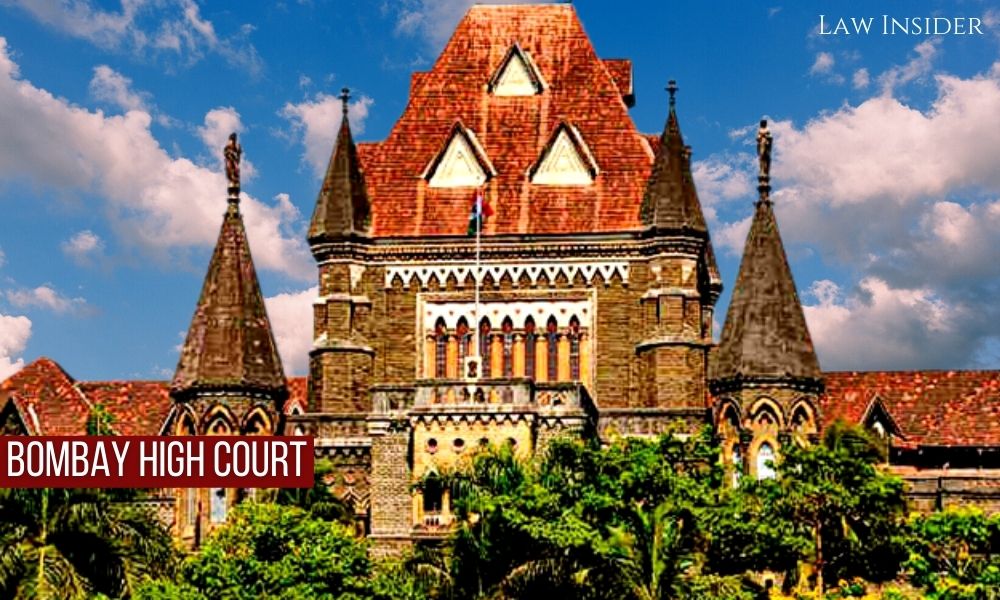Khushi Bajpai
Published on: 10th September, 2022 at 20:55 IST
According to a recent decision by the Bombay High Court in the case of Sayaji Dashrath Kawade v. State of Maharashtra, a person accused of corruption under the Prevention of Corruption Act cannot be found guilty based only on a breach of ethics or morals.
As a result, Justice Shrikant Kulkarni exonerated a telecom engineer in a case of corruption while also noting that corruption has been growing like a cancer in India.
“In our wonderful country, corruption is spreading like cancer. We have long been plagued by the corruption illness. Although widespread corruption affects the average person, a person accused of corruption under the Act cannot be found guilty based only on moral or ethical grounds.”
“No shortcut is allowed where the law specifies specific mandatory conditions for demonstrating an offense.”
In his order issued on August 30, the court made a statement.
The appeal was brought by Sayaji Kawade (appellant), who was appealing his conviction under Sections 7, 13(1)d, and 13(2) of the Act as well as his three-year prison sentence.
According to the prosecution’s argument, the appellant was detained following the setting of a trap following a complaint that he had requested a bribe of $2,000 for the installation of a PCO booth.
The Bench did observe that the complainant and the panch witness in the case had changed their demeanors and had withdrawn from their first testimony before the court.
It was further noted that neither of these key witnesses mentioned the purported demand or the acceptance of the bribe sum.
“It is abundantly evident that the prosecution has utterly failed to establish the essential elements of demand and acceptance of a bribe as required by Section 13(1)(d) read in conjunction with Section 13(2) of the Act.”
“Since neither of the material witnesses has provided any evidence to corroborate the prosecution’s claim that the appellant demanded and accepted a bribe in exchange for the installation of the booth, the prosecution’s case has crumbled,” declared the Court.
Further citing the Supreme Court’s decisions in numerous related cases, the bench reaffirmed that in the absence of evidence of a demand for illegal gratification, use of corrupt or illegal means, or abuse of position to obtain any valuable item or to gain financial advantage, the said rulings will stand.
The judge said, “Mere possession and recovery of money notes is not sufficient to constitute an offense.”
The Court additionally emphasised that because the relevant body didn’t follow the proper procedure, even the necessary sentence in this case was invalid. The bench therefore annulled the special court’s judgments of conviction.

